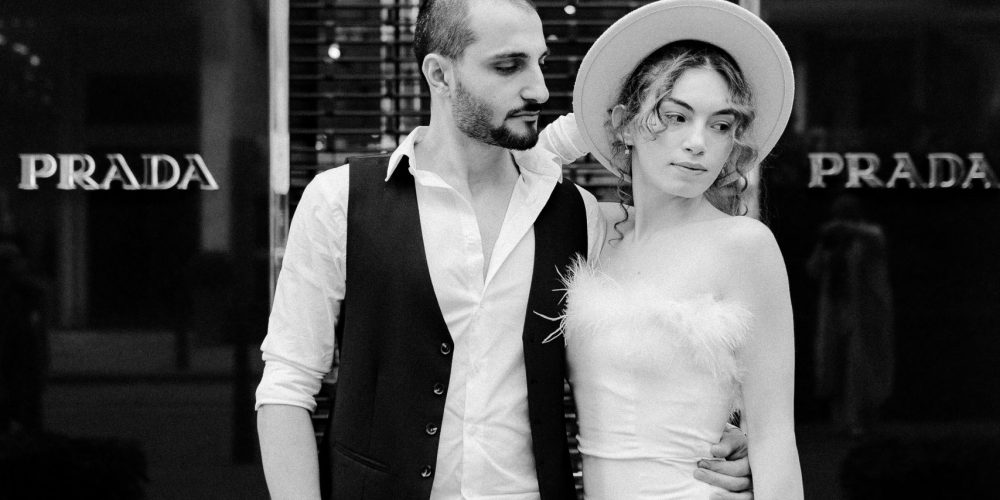In an increasingly digital age, the definition and execution of luxury in e-commerce present both a challenge and an opportunity. What do high-end customers truly desire, and how can businesses ensure they’re meeting those desires? To understand luxury, we must first unravel the intricacies of the high-end consumer psyche and the evolving nuances of luxury in the digital realm.
The Concept of Luxury: A Historical Perspective
Historically, luxury was associated with the rare, the unique, and the inaccessible. Items and experiences reserved for royalty and the elite became synonymous with luxury – from handcrafted jewels to bespoke attires. However, with the democratization of markets and globalization, luxury evolved. It moved from sheer inaccessibility to a combination of quality, story, and exclusivity.
Modern Day Luxury: More Than Just a Price Tag
Today, luxury is not just about high prices or rarity; it’s an experience, a feeling. The modern high-end consumer seeks:
- Uniqueness: Not just in product, but in the shopping experience.
- Quality: Not just in material, but in service, delivery, and after-sales.
- Story: A brand narrative that they can resonate with or aspire to.
- Exclusivity: Not just in product limitation, but in the bespoke online experiences.
Challenges in Delivering Online Luxury
1. Personal Touch in a Digital World
High-end consumers are accustomed to personalized experiences in brick-and-mortar stores. Translating this online, where one can’t physically touch the product or interact face-to-face with a salesperson, poses a challenge.
2. Standardization vs. Customization
The efficiency of e-commerce relies on some level of standardization. However, luxury consumers expect a degree of customization, challenging businesses to strike a balance.
3. Protecting Brand Image
The vastness of the digital realm can dilute a luxury brand’s image if not managed carefully. Negative reviews, counterfeits, and poor online presentation can tarnish a brand’s reputation.
Solutions: Meeting High-End Desires in the Digital Age
1. Virtual Personal Shopping Assistants:
Integrating AI-driven chatbots that simulate the experience of a personal shopping assistant can provide users with a tailored shopping experience. These chatbots can make product suggestions, answer queries, and even help with styling tips.
2. AR-Powered ‘Try Before You Buy’:
Augmented Reality (AR) can revolutionize the way consumers shop for luxury items online. From trying on a luxury watch to visualizing how a designer chair looks in their living room, AR can provide a tactile sense to online shopping.
3. Storytelling Through Content:
Rich, engaging content that tells the brand’s story, its history, craftsmanship, and values can resonate deeply with consumers. Behind-the-scenes videos, interviews with artisans, and brand heritage stories can create a strong emotional connection.
4. Exclusive Online Events:
Invite-only digital events, product launches, or virtual fashion shows can make consumers feel part of an exclusive club. This not only builds brand loyalty but also gives a sense of belonging.
5. Bespoke User Experience:
From personalized product recommendations to customized website UI based on user behavior, offering a tailored online experience can make luxury consumers feel valued.
6. Rigorous Quality Control and Authenticity Checks:
To combat counterfeits, incorporate rigorous quality checks and offer authenticity certificates. Blockchain technology can track product origin and ensure genuine products.
7. Feedback Loop:
Encourage and cherish feedback. Addressing concerns promptly and continually refining the online experience based on user feedback can build trust.
8. Limited-Edition Digital Drops:
Creating online-only limited edition products can generate buzz and urgency. It also brings an element of exclusivity to the online platform.
Conclusion: The Future of Luxury E-Commerce
The essence of luxury in the digital age is fluid, driven by technological innovations and shifting consumer expectations. It’s no longer sufficient to offer a high-quality product at a premium price. The entire shopping journey, from discovery to purchase to post-sale service, must exude luxury.
Businesses need to be proactive, leveraging technology while staying rooted in their brand’s core values. As the digital realm grows, so does the luxury consumer’s demand for richer, more personalized experiences. It’s an exciting challenge and one that, if approached creatively and strategically, can redefine the essence of luxury for the modern age.



![40+ Questions When Building an eCommerce Site [Free Checklist]](https://gooneplatform.com/wp-content/uploads/cache/images/drew-williams-scaled/drew-williams-scaled-4171399998.jpg)







